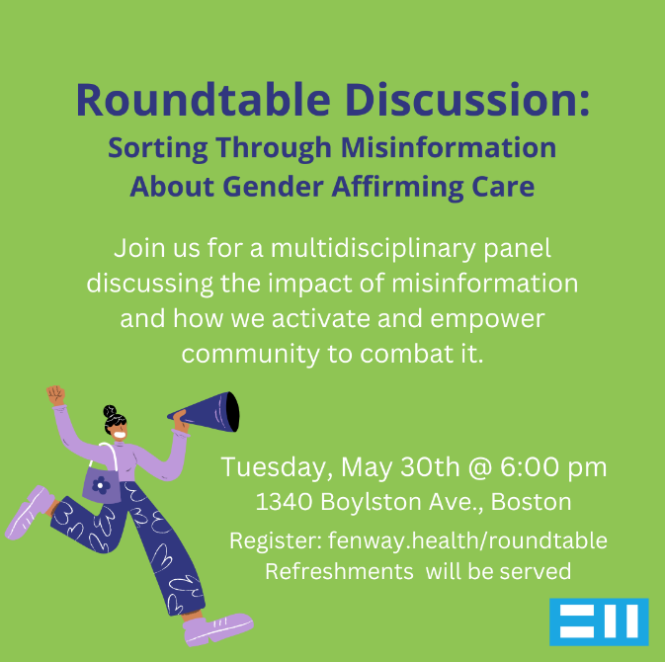

Confusing dental care advice abounds online, making it challenging to discern fact from fiction. This article delves into the complexities of dental health information, highlighting the prevalence of misinformation and offering practical strategies for navigating the digital landscape. We’ll explore various online sources, identify common pitfalls, and ultimately equip you with the knowledge and resources to make sound choices about your dental care. This guide covers a range of topics, from identifying unreliable dental health sources to recognizing misleading dental care recommendations. The structure includes discussions on evaluating dental advice, understanding the role of dental professionals, and recognizing potential pitfalls of relying solely on online dental information.
Identifying Misinformation: A Critical Approach to Online Dental Care
The Proliferation of Untested Claims
The internet has become a primary source of information for many, and dental health is no exception. However, the abundance of accessible information comes with a significant caveat: it’s not all reliable. Untested claims and poorly researched articles abound online, often promoting questionable dental care practices. This profusion of information makes it difficult for individuals to make informed decisions about their oral health. It is essential to approach online dental health resources with a critical eye, prioritizing evidence-based claims and verified sources. Without critical evaluation, individuals risk adopting practices that are ineffective or even harmful. Many articles and posts online lack citations, proper scientific backing, or any oversight by reputable dental authorities.
Evaluating Sources: Separating Fact from Fiction in Online Dental Care
Scrutinizing Web Pages and Articles
When seeking information online, it’s crucial to evaluate the source. Look for websites with verifiable credentials, such as membership with reputable organizations like the American Dental Association (ADA) or the American Academy of Periodontology. Check for author credentials, affiliations, and relevant experience. Look at sites with clear contact information, as a lack of contact can signal potential unreliability. Also, be aware of sites promoting specific products or services—their information might be biased. Be suspicious of sites with overly sensationalized claims or those that promise quick fixes or miraculous results. Beware of sites with unusual or outlandish claims, as they are often signs of questionable content.
The Role of Dental Professionals: Consulting with Experts for Sound Advice
Consulting a Dentist for Customized Care
Despite the proliferation of online dental care advice, consulting a trusted dentist remains crucial. A dentist can provide personalized recommendations based on your unique oral health needs. They can evaluate your specific situation, conduct thorough examinations, and develop a tailored treatment plan. The professional knowledge and expertise of a dentist are unparalleled in offering accurate and appropriate guidance.
Recognizing Potential Pitfalls of Online Dental Care
The Perils of Self-Diagnosis and Treatment
Relying solely on online dental care advice can lead to misdiagnosis and potentially harmful self-treatments. Don’t attempt to treat dental issues on your own based on what you find online. Always consult with a dentist before making any changes to your dental routine or implementing any treatment options.
Common Dental Myths Debunked: Separating Reality from Fiction
Common Misconceptions Regarding Dental Care
Numerous myths and misunderstandings circulate regarding dental care. For instance, the efficacy of certain home remedies for toothaches is frequently exaggerated online, and some claims are completely unfounded. This section will debunk several popular myths and provide evidence-based information to dispel misleading claims. This will include information about dental sealants, toothpaste ingredients and the benefits of daily flossing.
Frequently Asked Questions
How can I determine the reliability of dental information found online?
When evaluating online dental information, look for websites that are associated with credible organizations or professionals. Verify the author’s credentials and experience, and consider the overall presentation of the site. Look for proper citations, and be wary of exaggerated claims. Websites that have verifiable contact information and clear policies often signal higher credibility. Avoid sources that promote specific products or therapies without substantial evidence.
Are all dental recommendations online inaccurate?
No, not all recommendations are inaccurate, but it’s essential to treat online dental information with a healthy dose of skepticism. Online resources often provide introductory or superficial information. The information may not be tailored to your unique dental health situation or potentially omit critical details. Always seek professional confirmation from a qualified dentist or dental professional before making decisions about your dental care.
In conclusion, navigating the confusing world of dental care advice requires critical thinking and a discerning eye. By evaluating sources, understanding your own oral health needs, and consulting with qualified professionals, you can avoid misinformation and make informed decisions about your dental care. Remember to prioritize evidence-based recommendations and trusted resources. Don’t hesitate to ask your dentist any questions you have about dental care advice you’ve encountered online. This will help you sort through the noise and find the information you need to maintain optimal oral health.